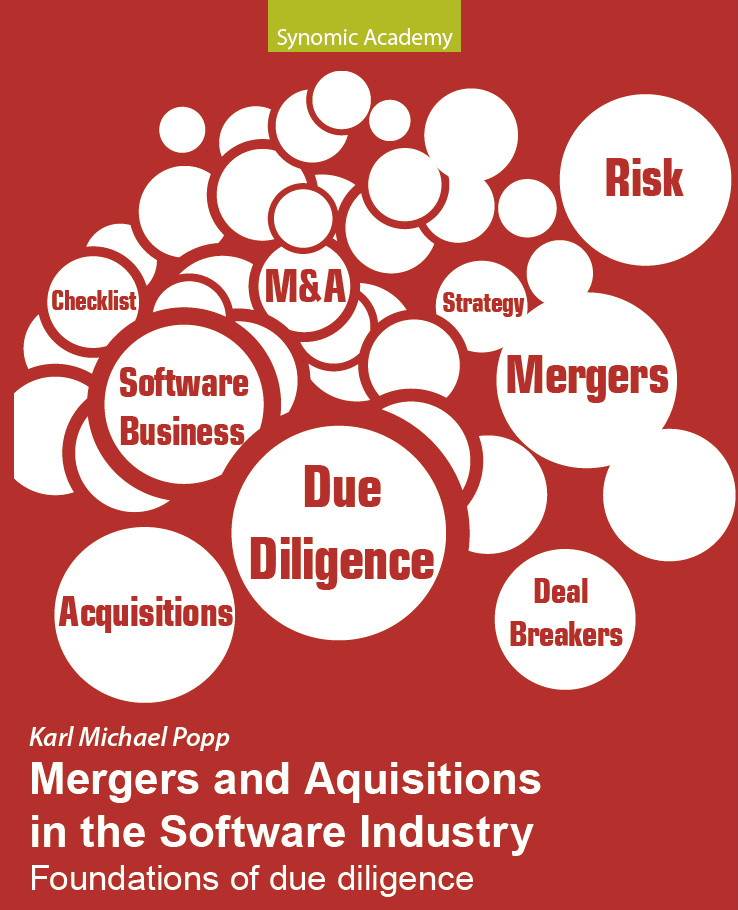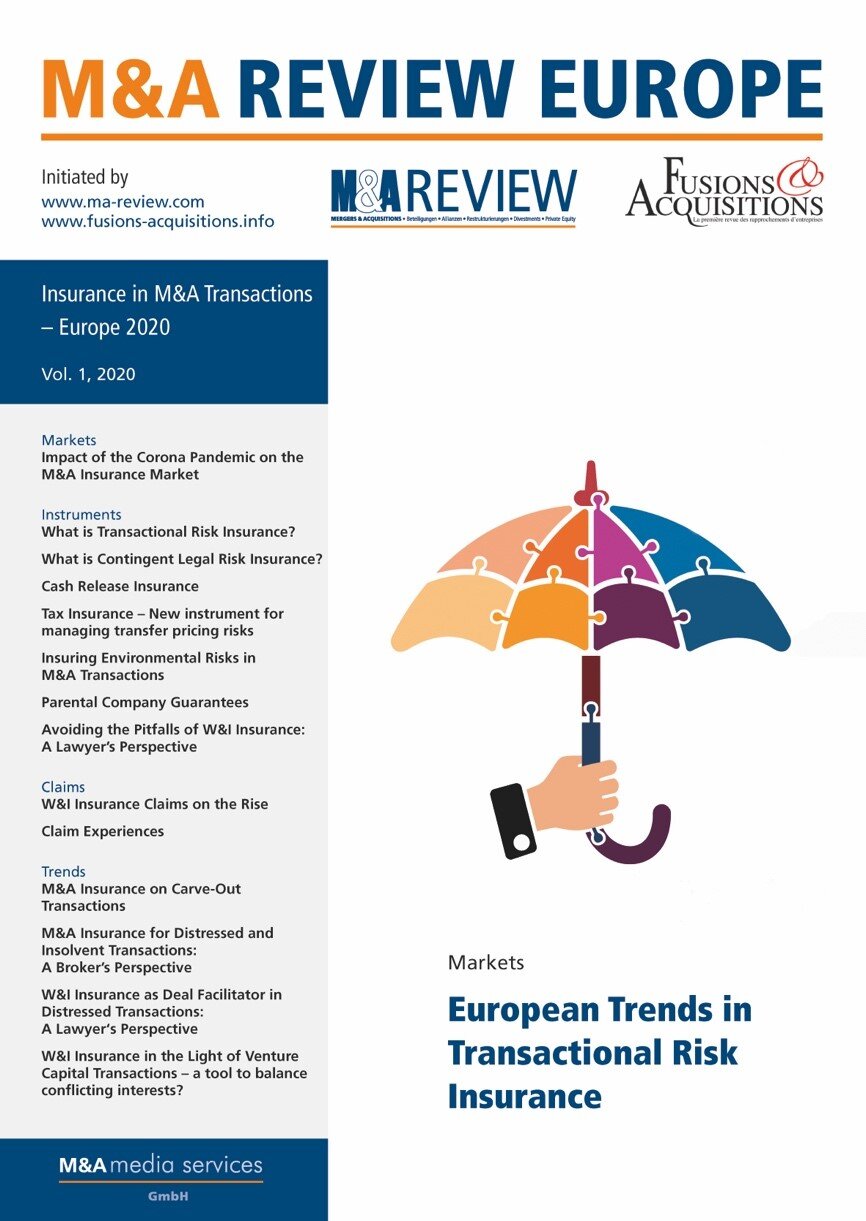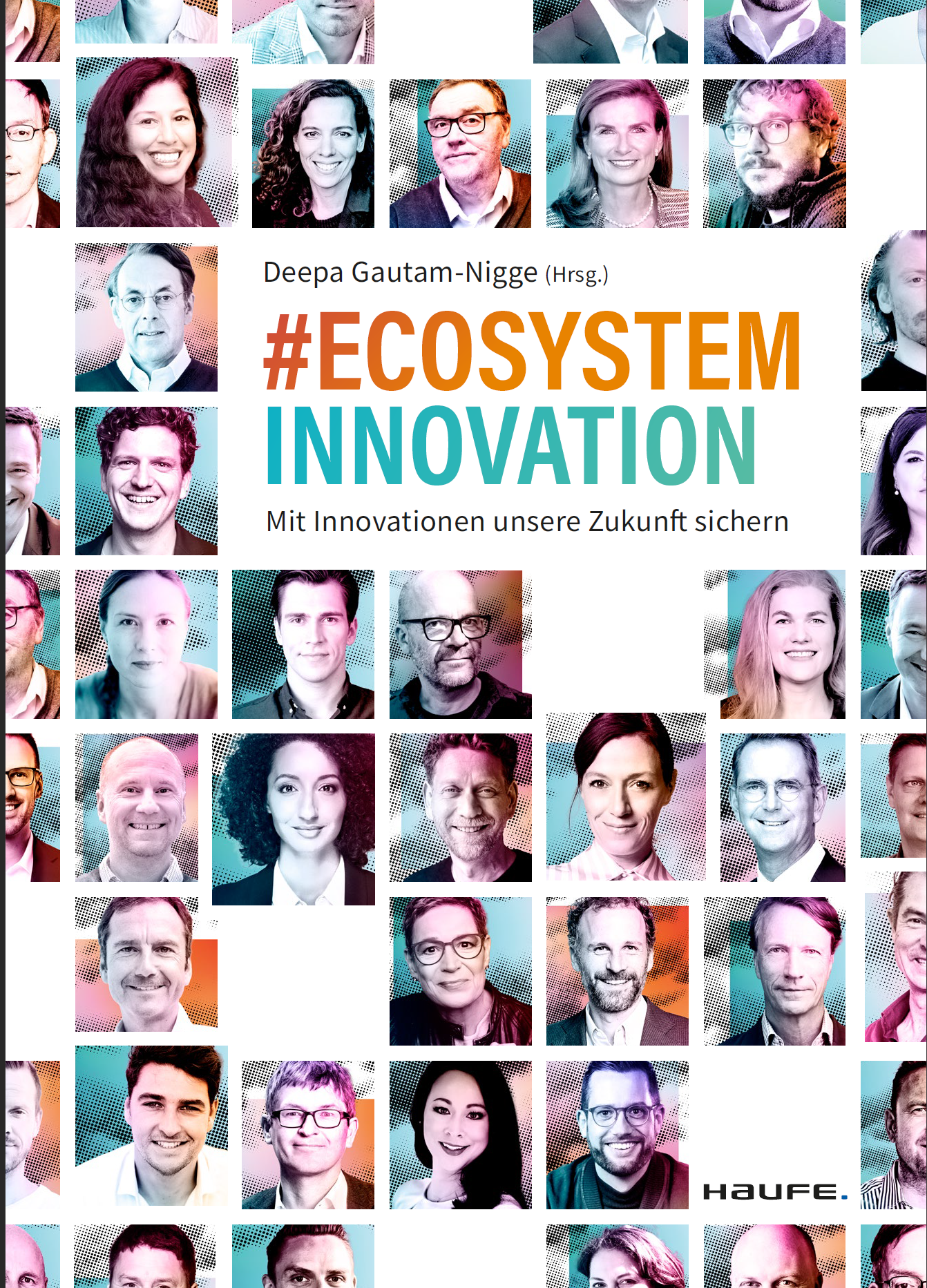How will AI regulation influence software due diligence
This blog is in the Top 25 M&A blogs worldwide according to Feedspot
Artificial Intelligence (AI) has the potential to revolutionize various industries, with software development being one of the key areas where its transformative power is evident. However, as AI continues to advance, there has been a growing concern about the need for proper regulation to ensure ethical practices and avoid potential risks. In this blog post, we explore how AI regulation can influence software due diligence, a crucial process in assessing the quality and reliability of software solutions.
One of the primary reasons for implementing AI regulation is to address potential biases and injustices that may arise from AI algorithms. Machine learning models are trained on large datasets, which can inadvertently include biased information. For example, if a facial recognition system is predominantly trained on data from a specific racial group, it may struggle to accurately identify individuals from other racial backgrounds. By enforcing regulations, developers and businesses will be compelled to conduct thorough tests to detect and rectify such biases, thereby ensuring fairness in AI-powered software.
Another aspect of AI regulation that impacts software due diligence is the need for explainability and transparency. AI algorithms, such as deep neural networks, are often considered as black boxes due to their complexity, making it difficult to understand the decision-making process. However, with regulation in place, developers will be required to provide explanations for the outcomes generated by their AI systems. This will enable software due diligence teams to assess the reliability and trustworthiness of the underlying AI technology, ensuring that it aligns with the desired standards.
Furthermore, AI regulation can influence software due diligence by setting standards for data privacy and security. AI systems are heavily dependent on vast amounts of data, often including personal and sensitive information. To prevent unauthorized access or misuse of such data, regulations can enforce strict privacy guidelines and establish security measures that companies must adopt. This aspect of AI regulation directly impacts the due diligence process as it ensures that software solutions meet the necessary standards for data protection.
In conclusion, the introduction of AI regulation will significantly influence software due diligence. By addressing biases, promoting explainability, and ensuring data privacy and security, AI regulation plays a crucial role in improving the overall quality and reliability of AI-powered software solutions. With proper diligence, businesses and consumers can trust the software they rely on and confidently embrace the advancements brought forth by AI technology.
Like my thoughts? READ MY NEW BOOK
ORDER AT AMAZON
ORDER IN GERMANY









